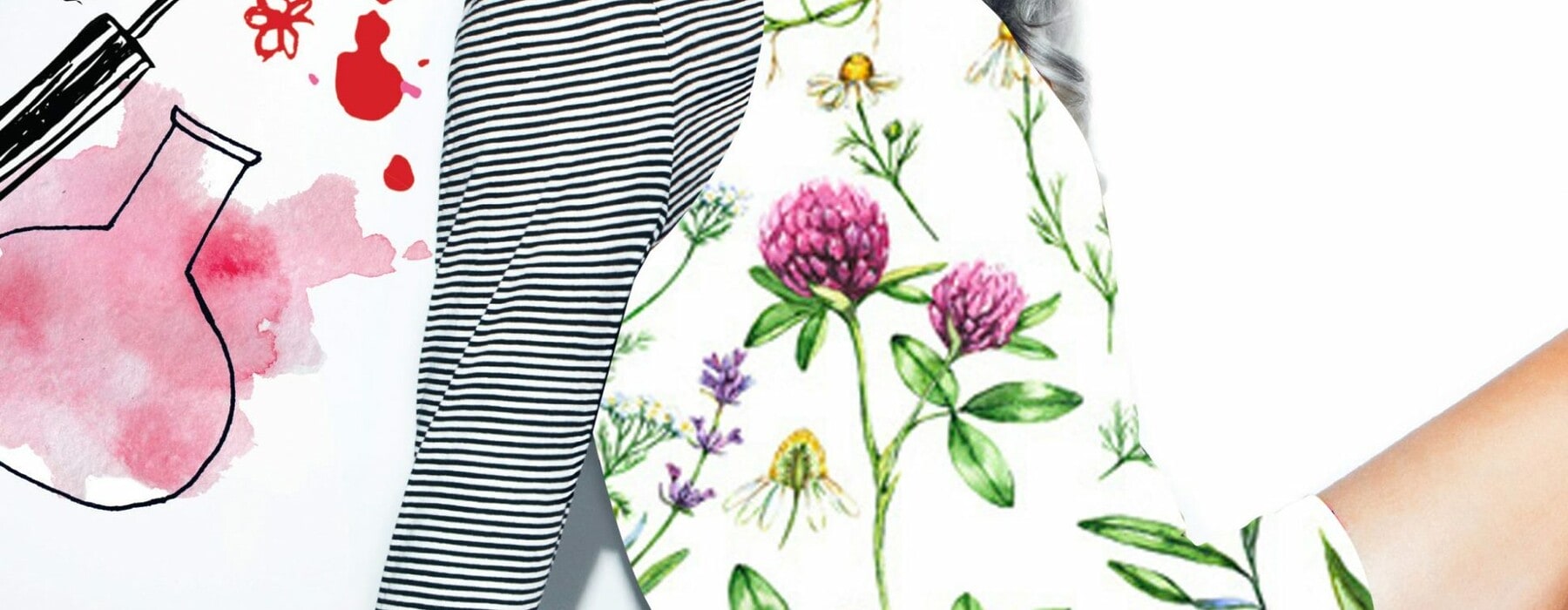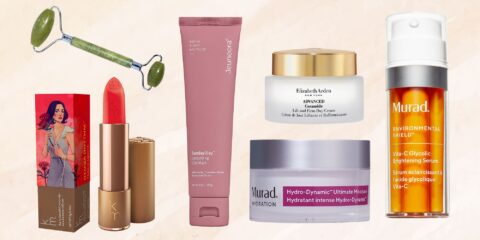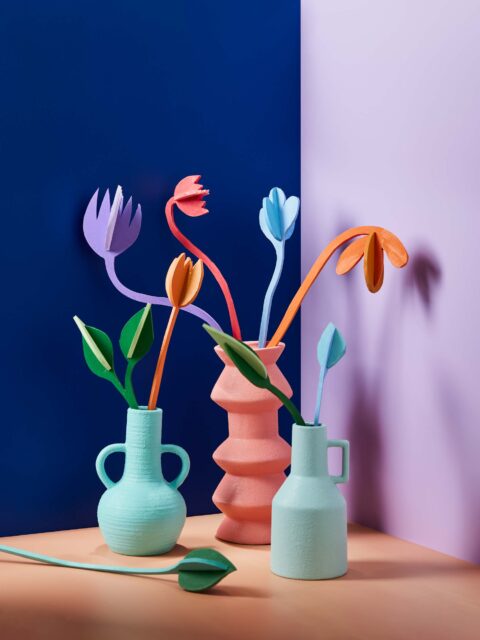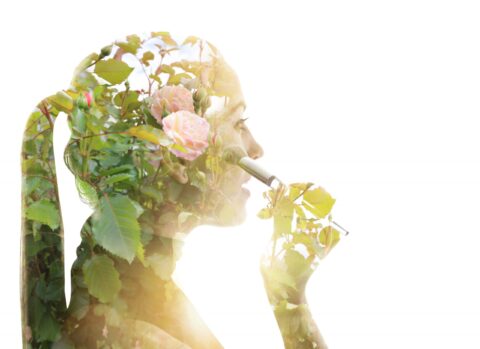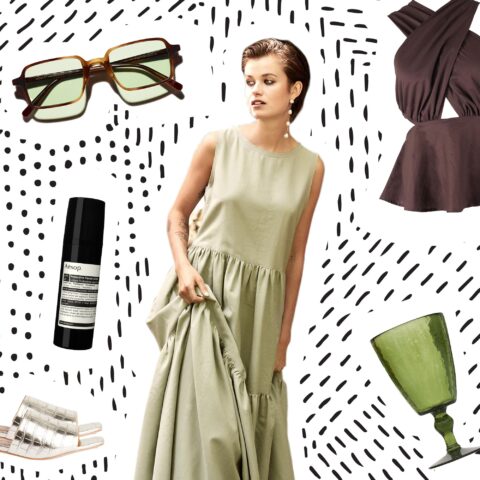Why aren’t we applying the same standards to make-up as we do to our skincare? Megan Douglas explores why the make-up industry needs a makeover.
Working in the beauty industry and formulating beauty products has taught me a lot about what goes on behind the scenes. Some of what I’ve learnt has been surprising, some has been pure pleasure, and some … well, let’s just say it’s been disturbing.
Over the last decade, I’ve walked down countless international beauty and trade expo aisles and seen thousands of generic multi-shade eyeshadow palettes, almost all of them being sold by manufacturers for little more than a dollar.
Not only does that sound cheap, it is cheap. But here’s the rub. Those same palettes, by the time they get into your hands, are likely to cost 50 times as much. How, you might ask, can that happen? How can a product manufactured for a dollar cost so much by the time it hits the shelves of a retail store?
The answer is branding. Add in some fancy packaging, a trendy logo and a wildly costly – and aspirational – marketing campaign, and “voila!” you have yourself a much-coveted – and expensive – make-up palette. It’s a triumph of image over quality, of packaging over product. The vast majority of our make-up is manufactured on the cheap, thanks to the use of mass-produced chemical ingredients in formulations.
Is your lipstick safe?
As a naturopath, and someone who believes in taking a holistic, long-term view of the health of our skin and our general wellbeing, I’m worried about the continued rise of chemical ingredients over natural alternatives in our cosmetics.
It’s been calculated, for example, that a woman will ingest, on average, more than a kilogram of lipstick in her lifetime. Given that most commercial lipsticks include ingredients such as methyl- parabens that I would never dream of putting anywhere near my mouth if offered them individually, there are grounds for concern.
If I had my way, every make-up ingredient would be tested and proven safe prior to commercial release. Sadly, of the thousands of chemicals used in cosmetics, many haven’t been independently verified as safe.
One would hope that when an expensive product is offered to us (think of that pricey and glamorous branded lipstick, for example, or that uber-cool multi-shade eyeshadow palette), we’d be putting on something of the highest quality, packed only with premium ingredients. Unfortunately, this is often not true.
Peel back the label on your favourite cosmetics and you might find an ingredients list that is far less seductive than the external packaging. Instead of ingredients that care for and nourish your skin, you might find yourself wading through a list of chemicals (shown in the tiniest of fonts) that requires a science degree to decipher.
Glamorous illusion
Of course, all this begs the question: When we’re so conscious nowadays of what goes into our skincare and what we put on our face and body, why aren’t we applying the same standards to our make-up?
There are two answers to this, I think.
Firstly, make-up represents a world of illusion. It’s about the art of seduction and the promise of glamour. It is, by its very nature, aspirational, and it leaves us prone to settling for style over substance.
We want to believe that physical perfection can be found in a foundation tube or a lipstick container, or – at the very least – that our make-up will enhance our beauty. We also want to have fun and to play, and make-up is perhaps the ultimate expression of the way we want to see ourselves, through colour and a flourish of creative drama. And so we wear it, without giving much consideration as to what’s in it and how it might impact on our health.
New-generation natural
Which leads us to the second reason we continue to settle for chemical-based make-up: It’s a widely held belief that natural and organic cosmetics simply aren’t up to the task.
A common refrain is that natural make-up doesn’t wear as well, its pigments aren’t bright enough, it’s too expensive or there’s not enough choice. The reasons for not using organic cosmetics are many and well-entrenched. They’re also no longer valid.
Over the last few years, a new crop of make-up brands that are truly natural have hit the market. Not only do these brands offer fresh, on-trend colours and the kind of pigment and wearability that make them a genuine alternative to their synthetic counterparts, they also come with the benefit of caring for your skin, thanks to the inclusion of natural oils, waxes and plant extracts. And – extra bonus – you can use these brands knowing they are safe, with ingredients lists that you can understand and enjoy.
If you love your make-up, and you’re willing to experiment a little, then it’s worth giving the new generation of organic make-up a try.
Hopefully, what you discover will surprise you. It will certainly delight your skin!

